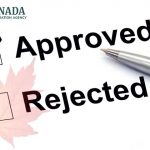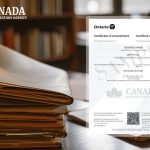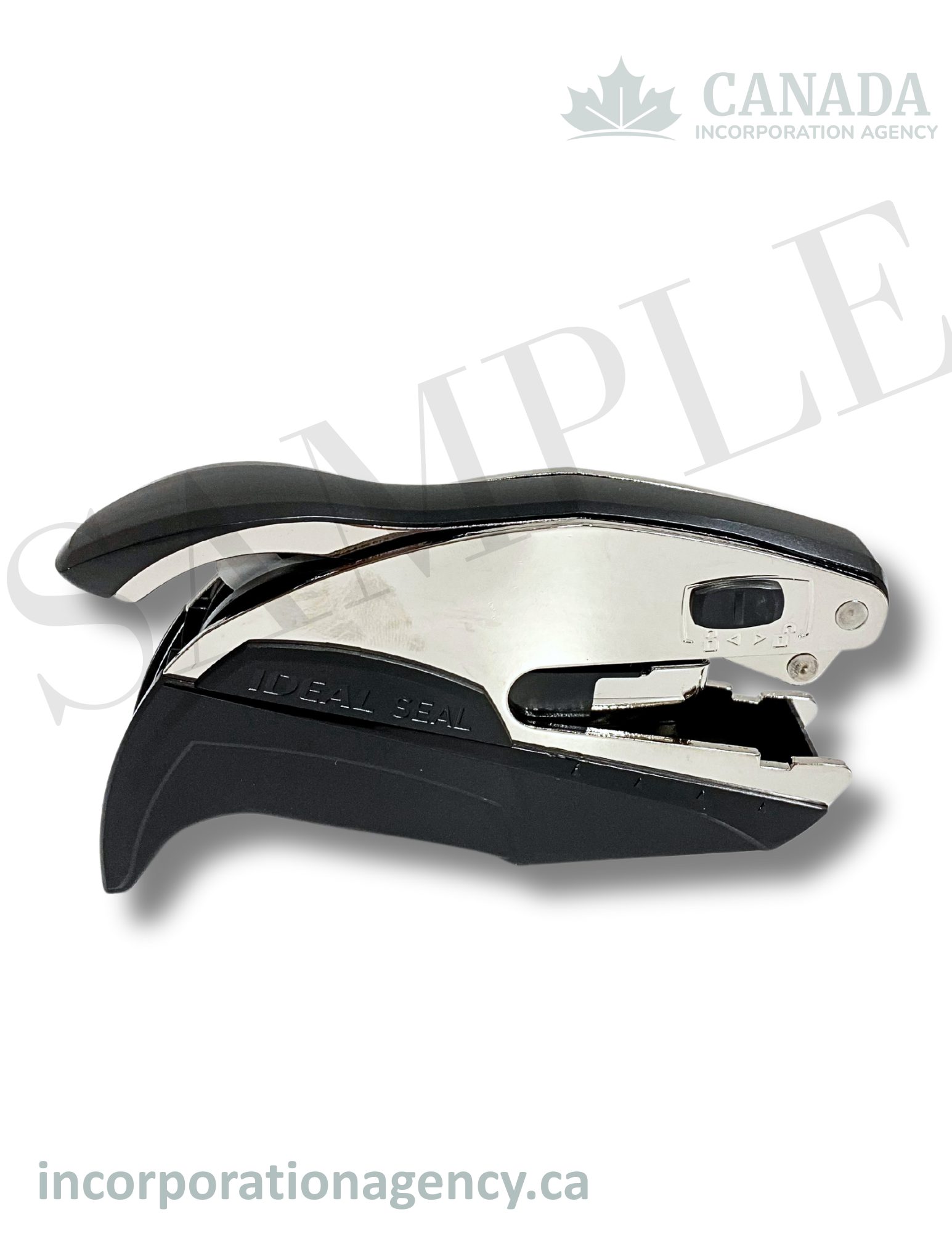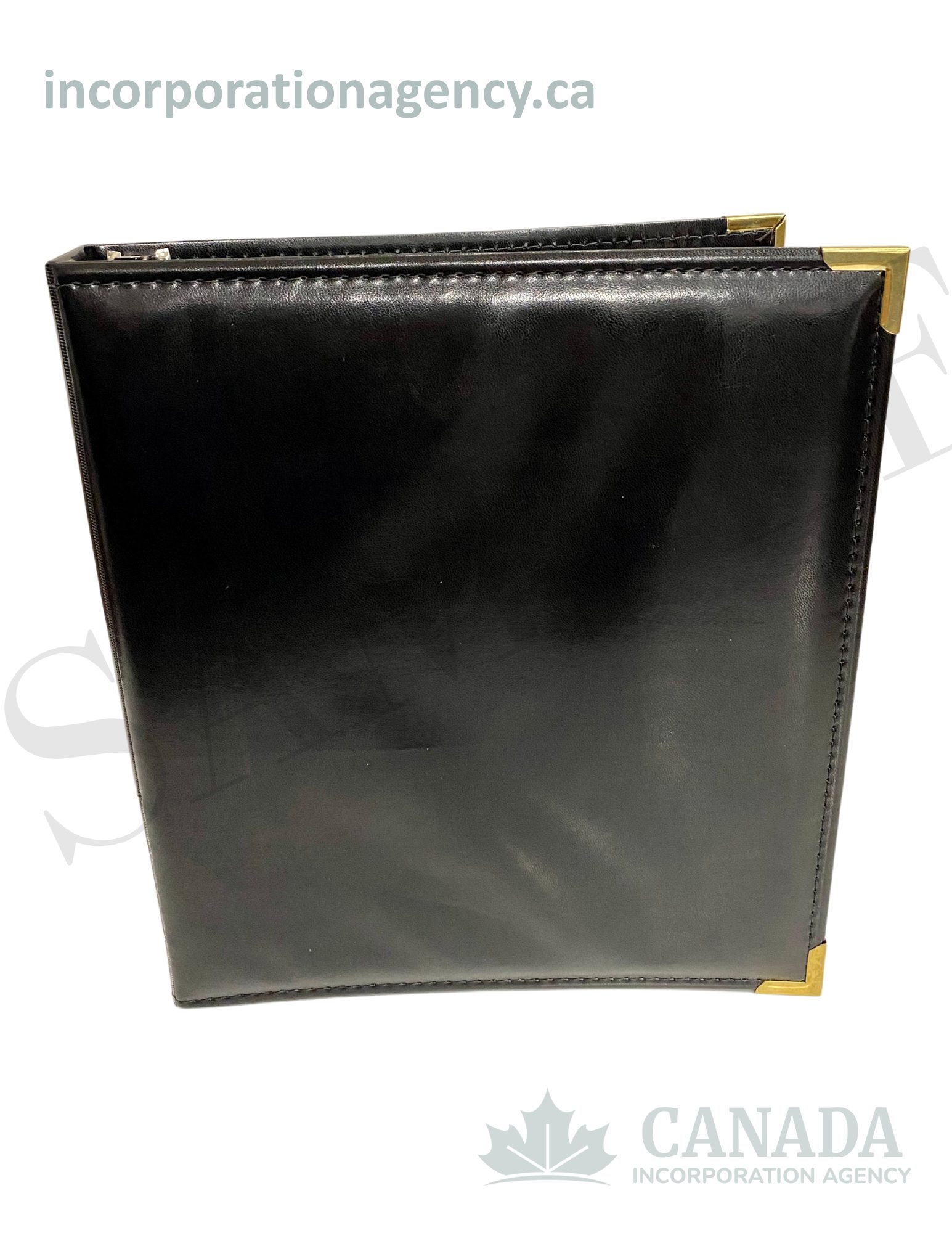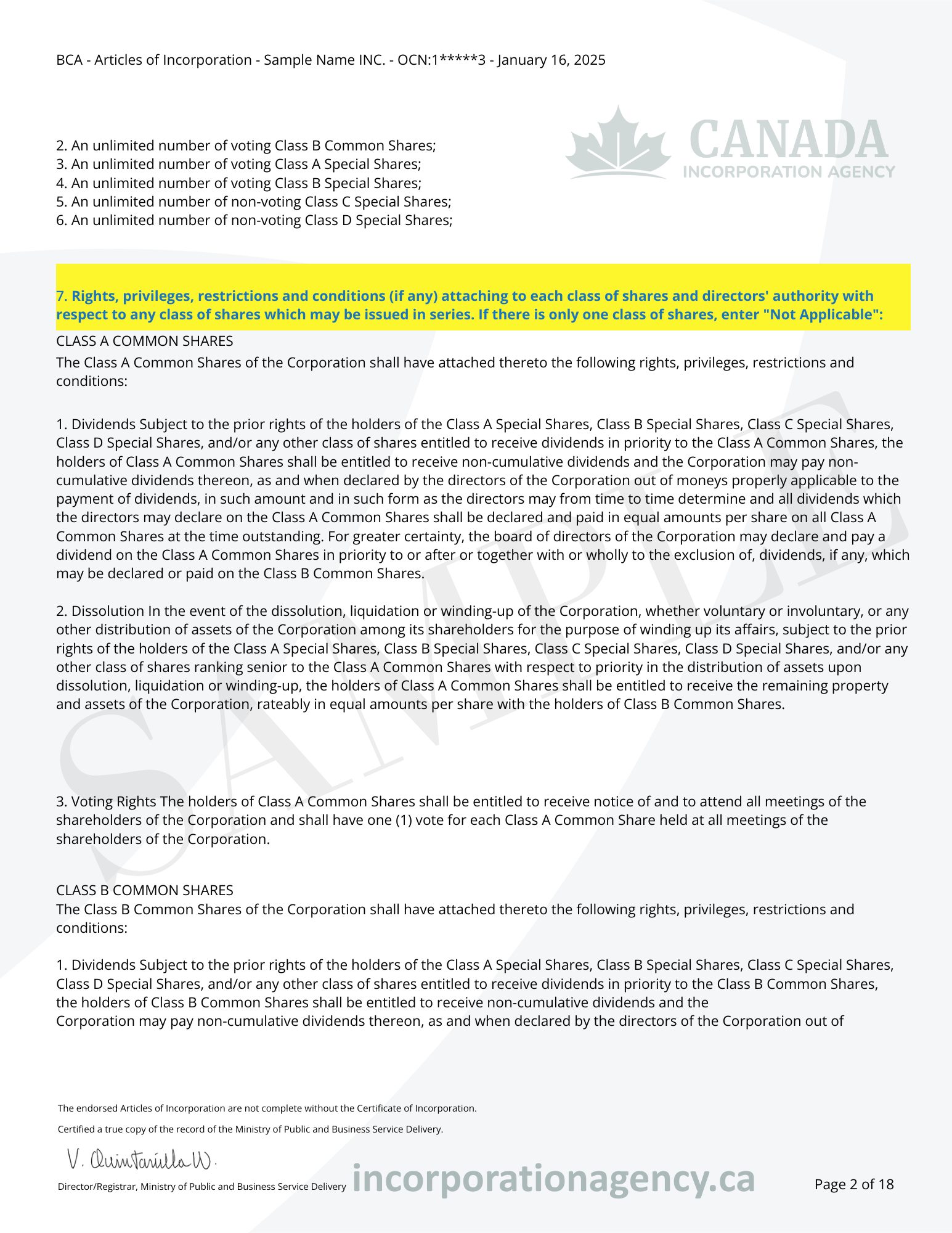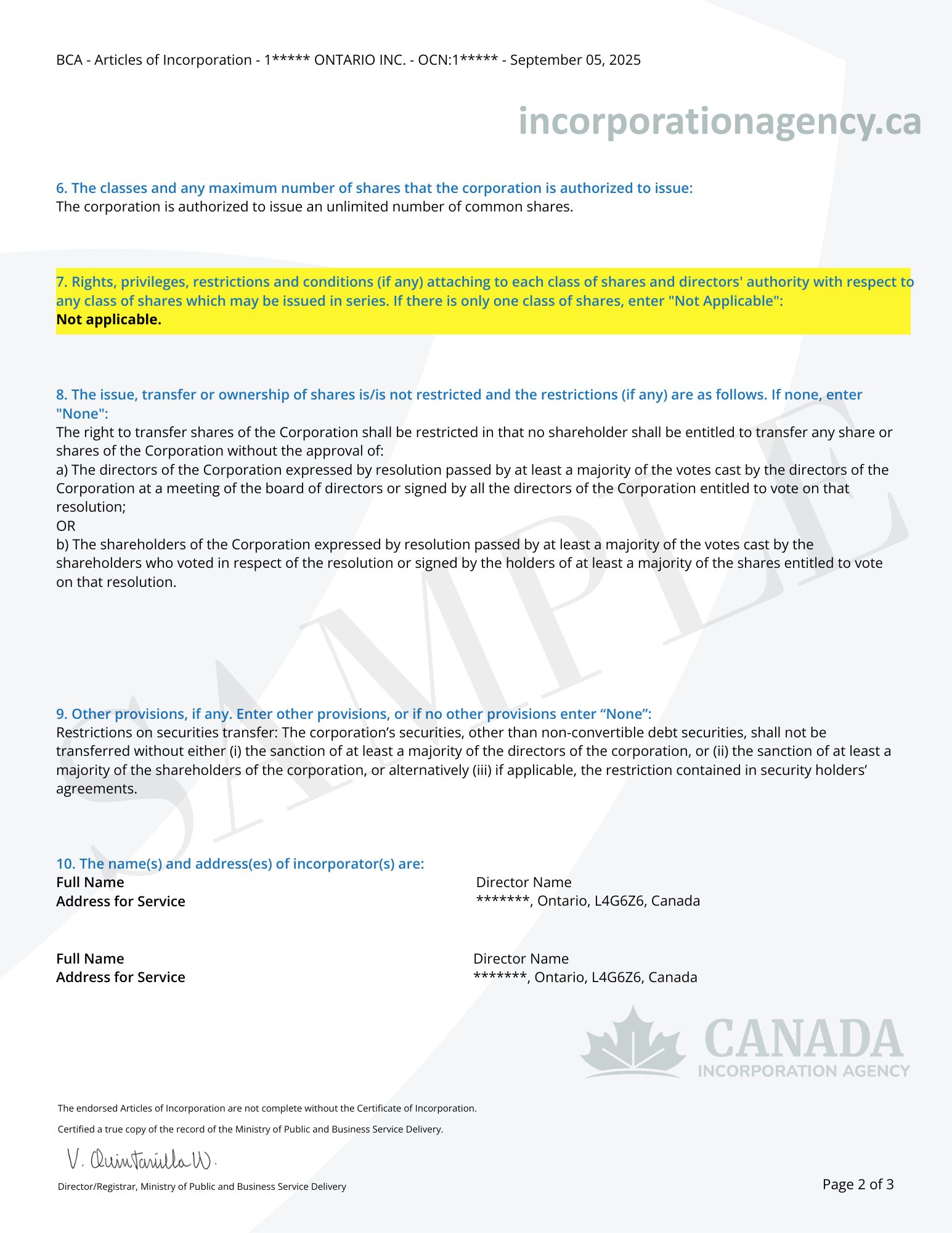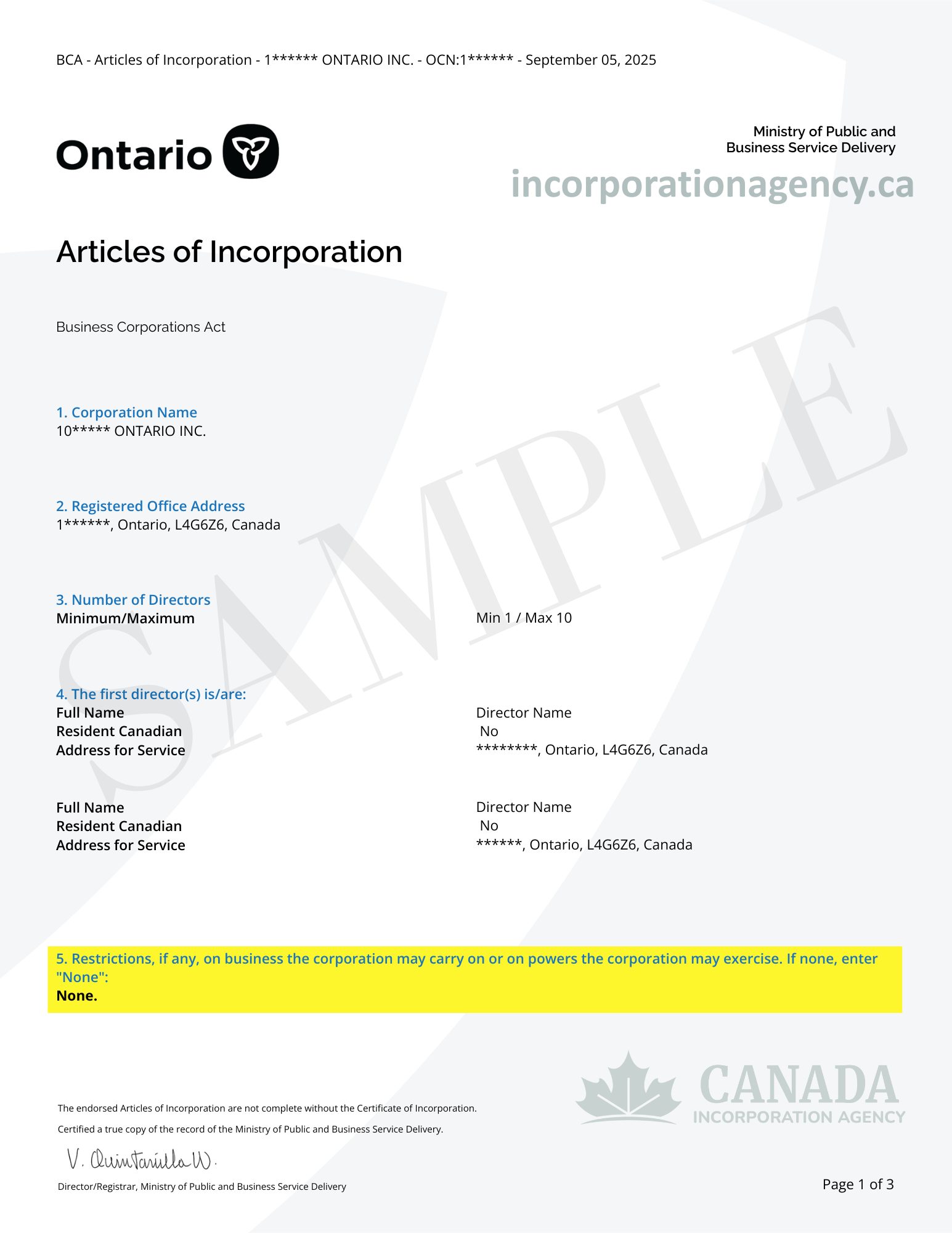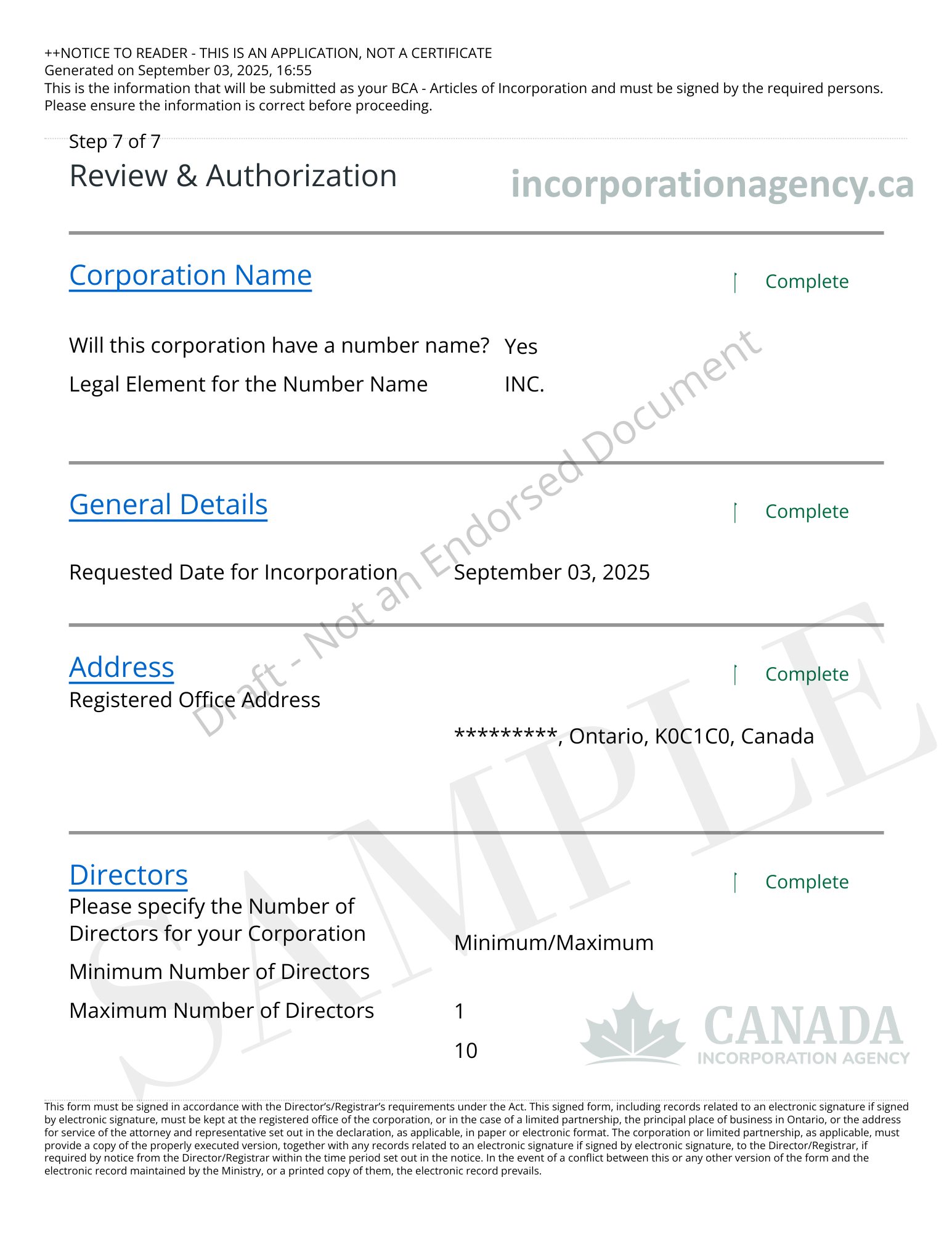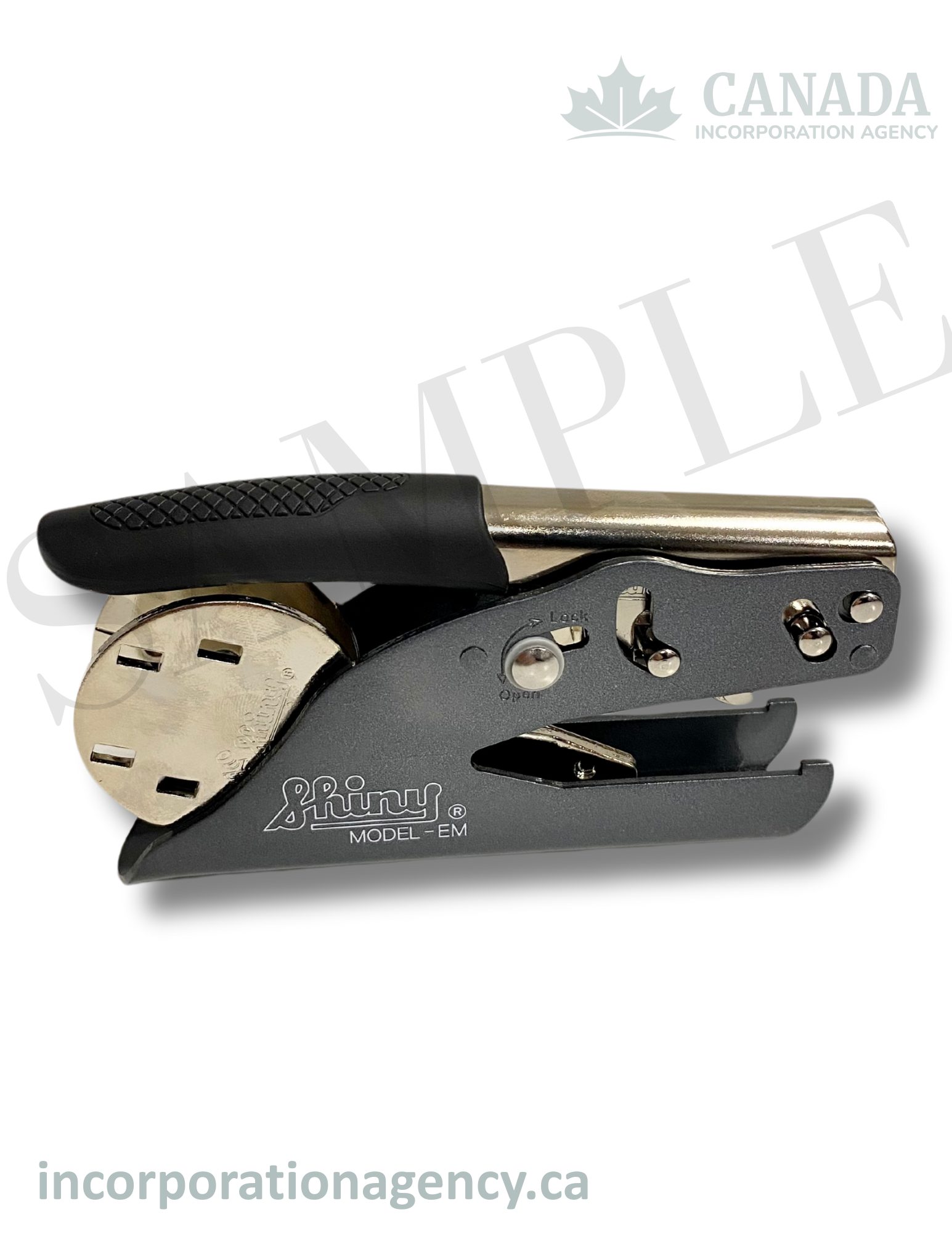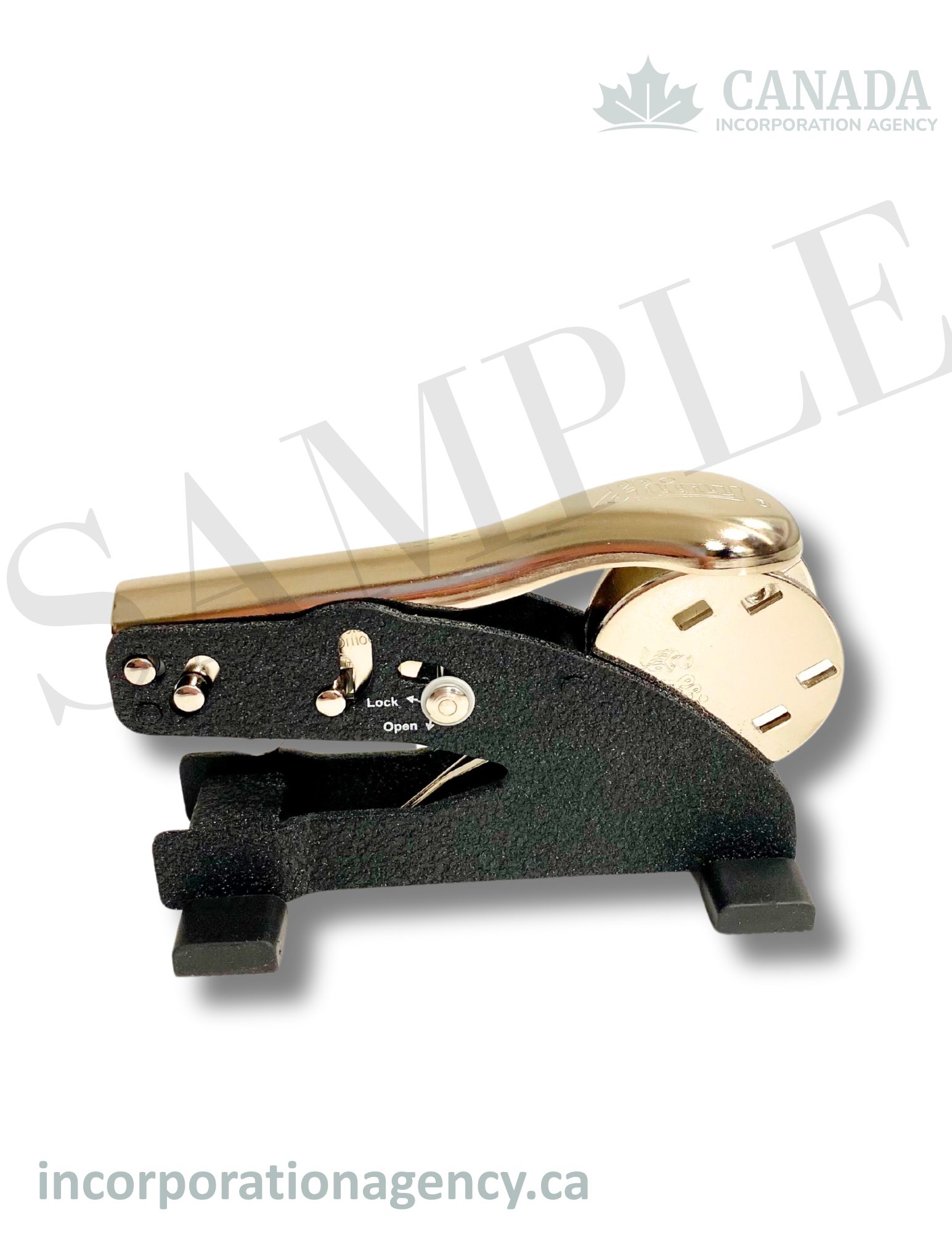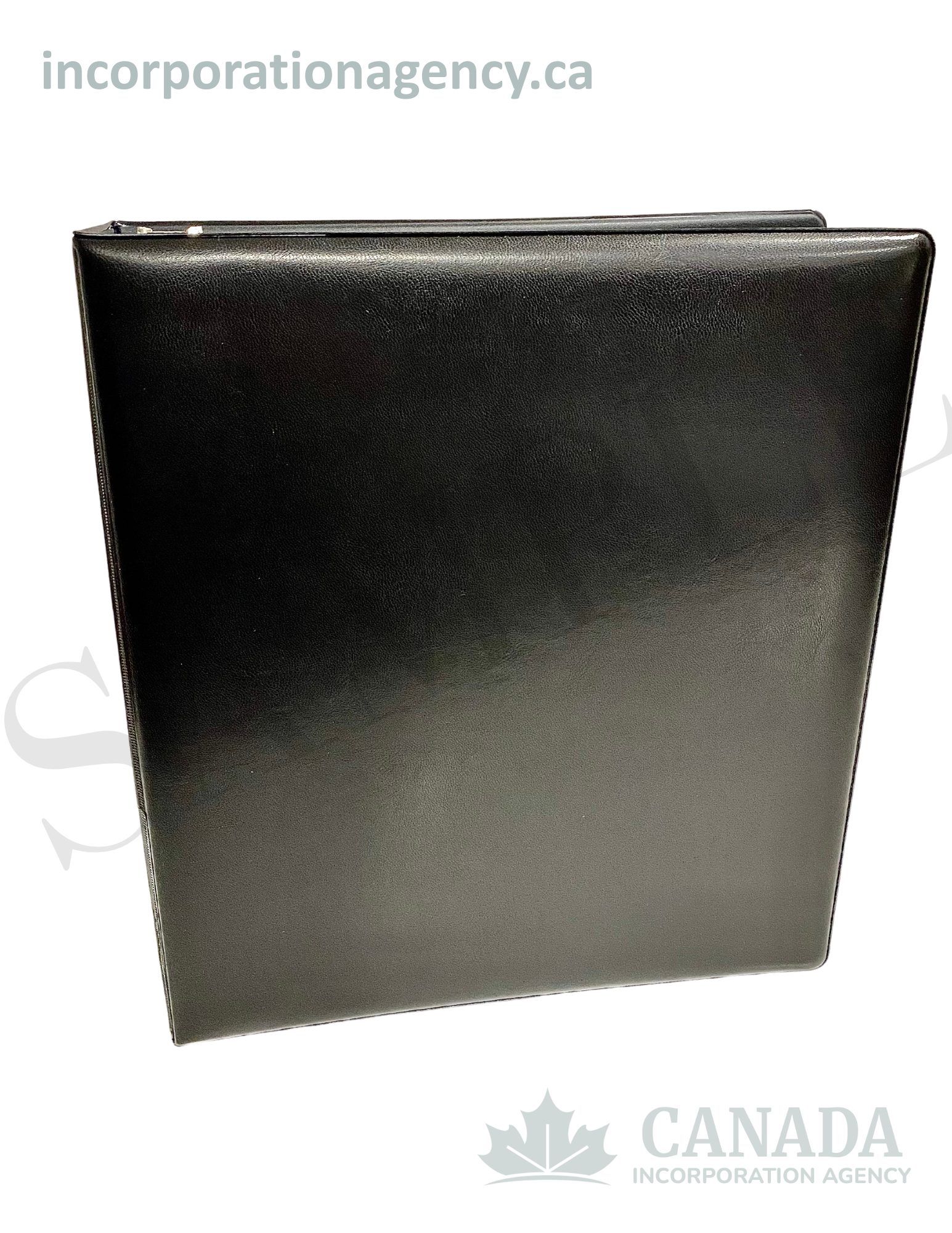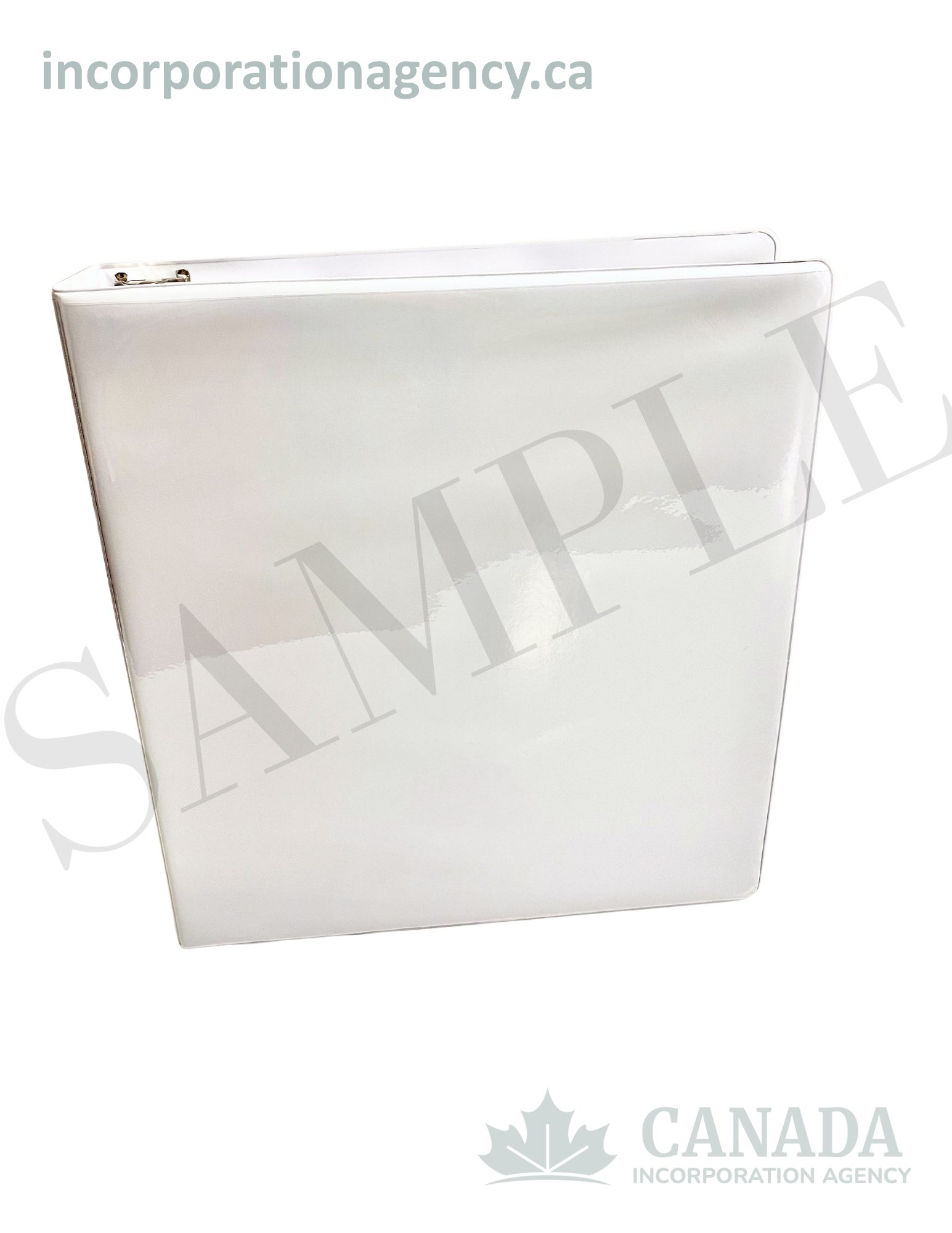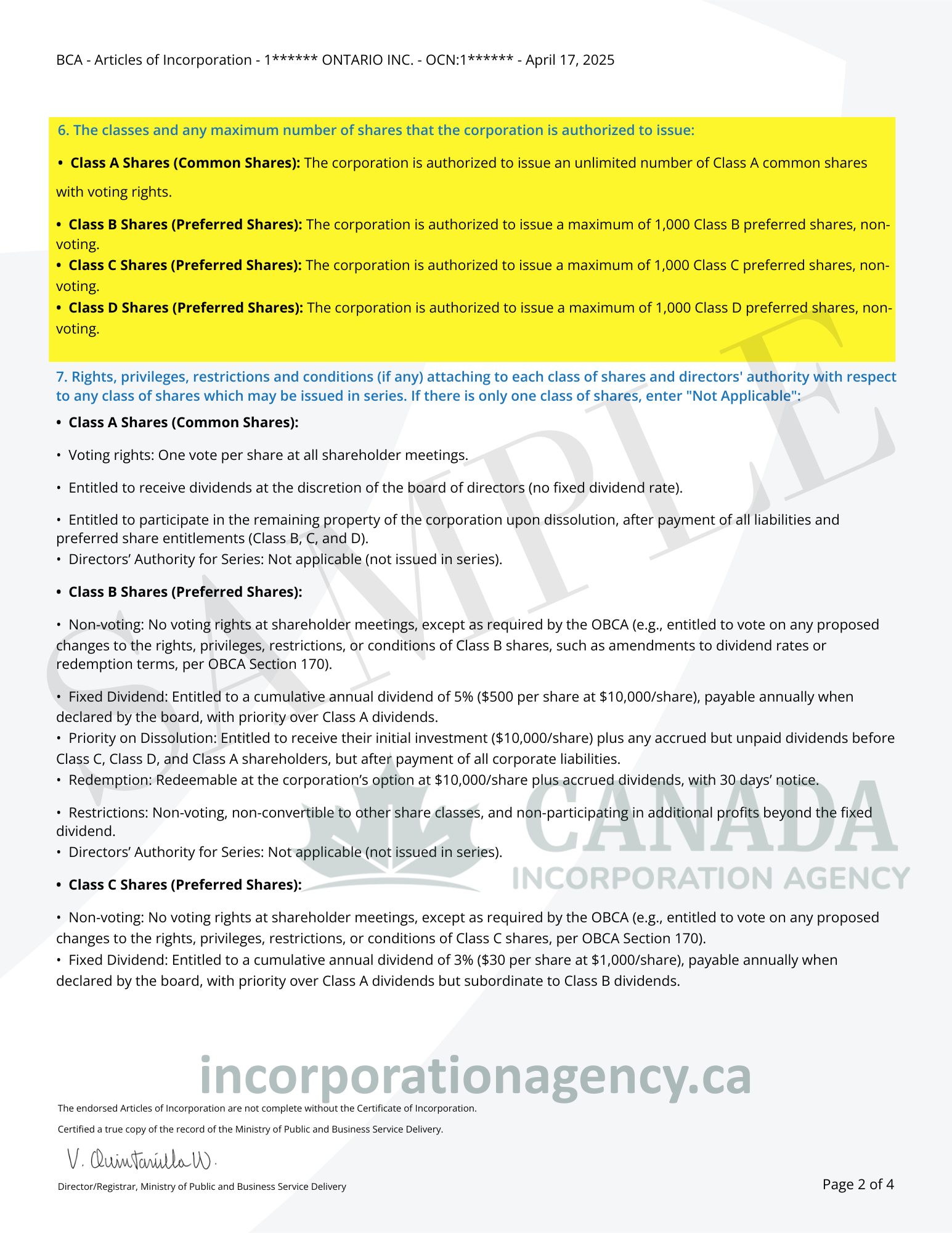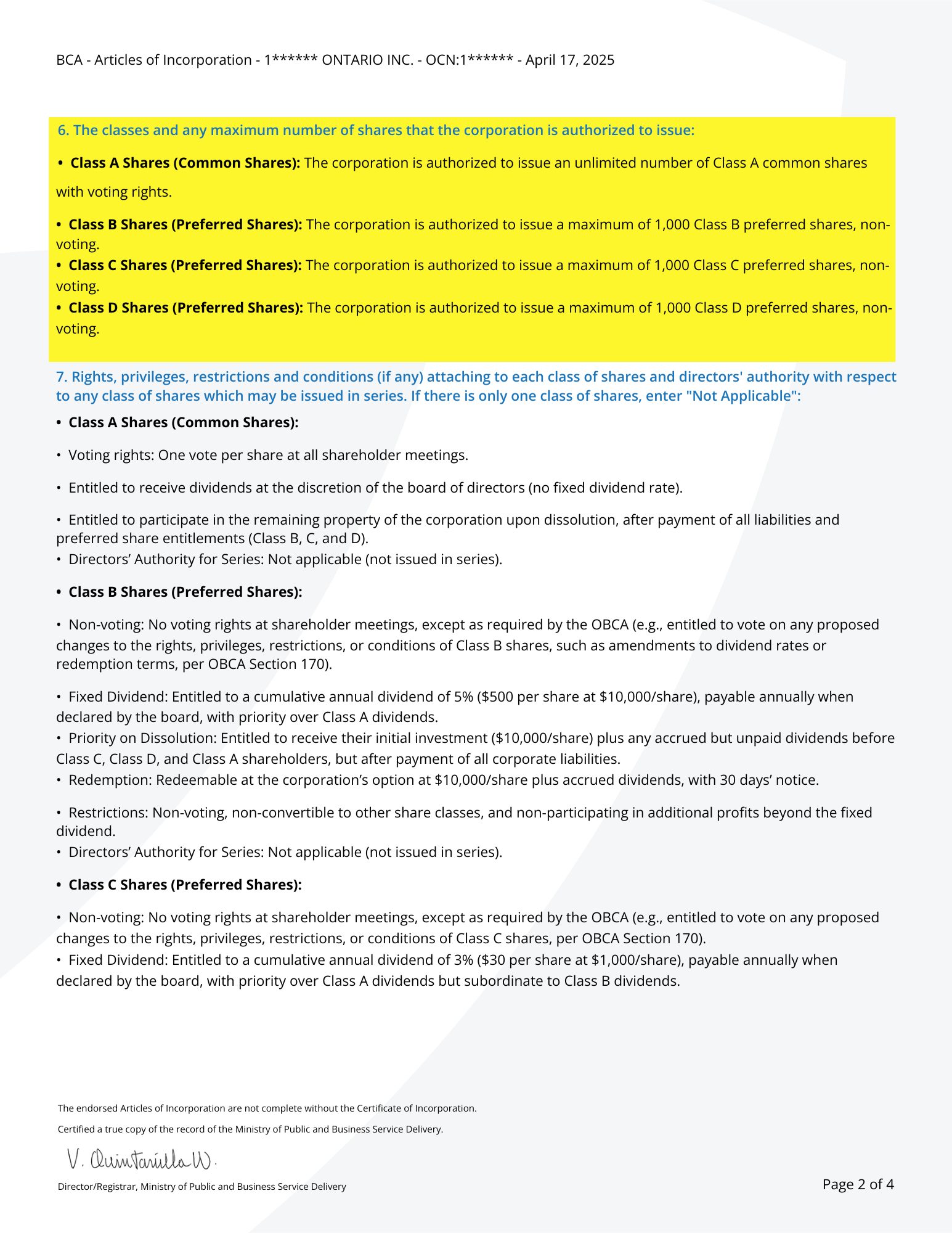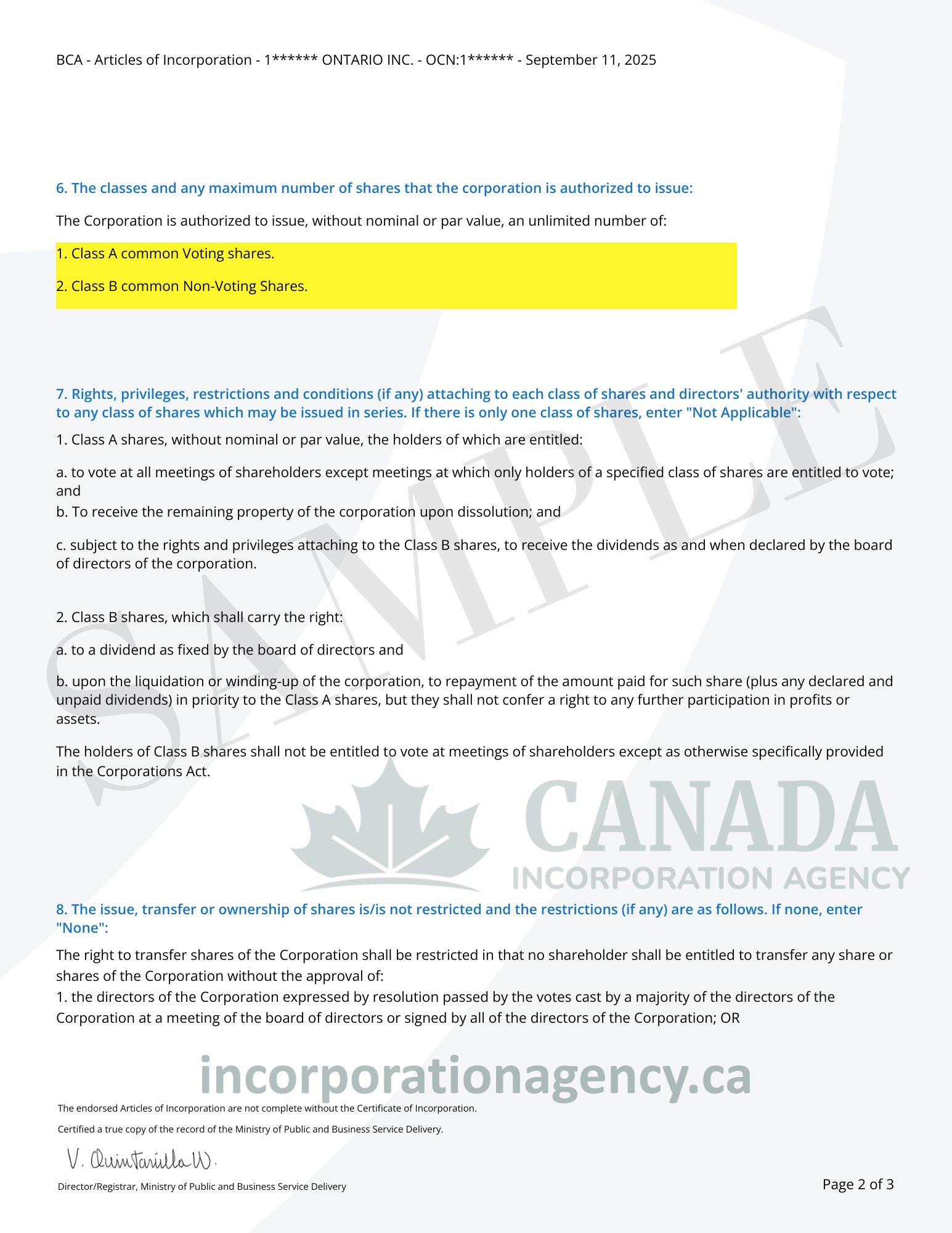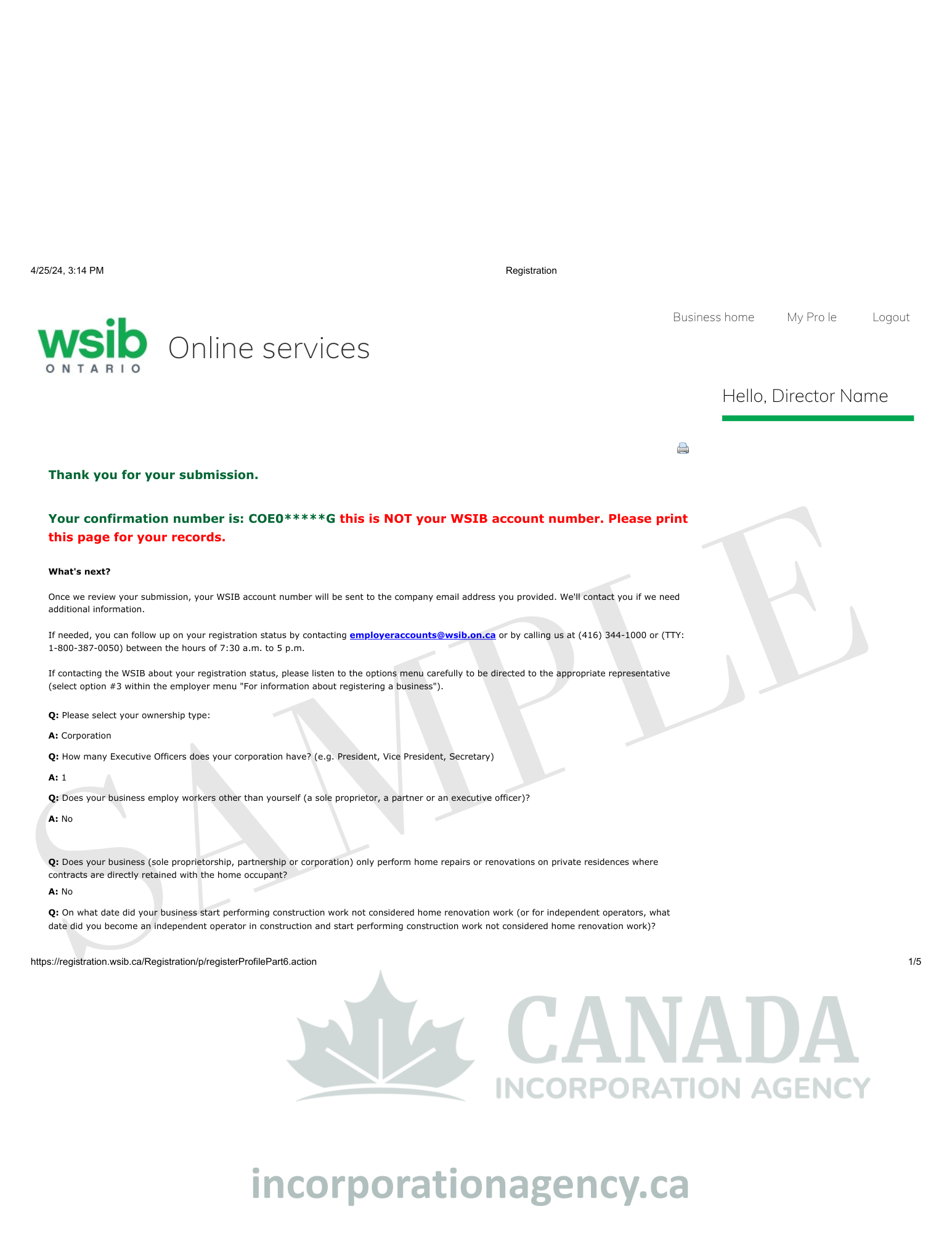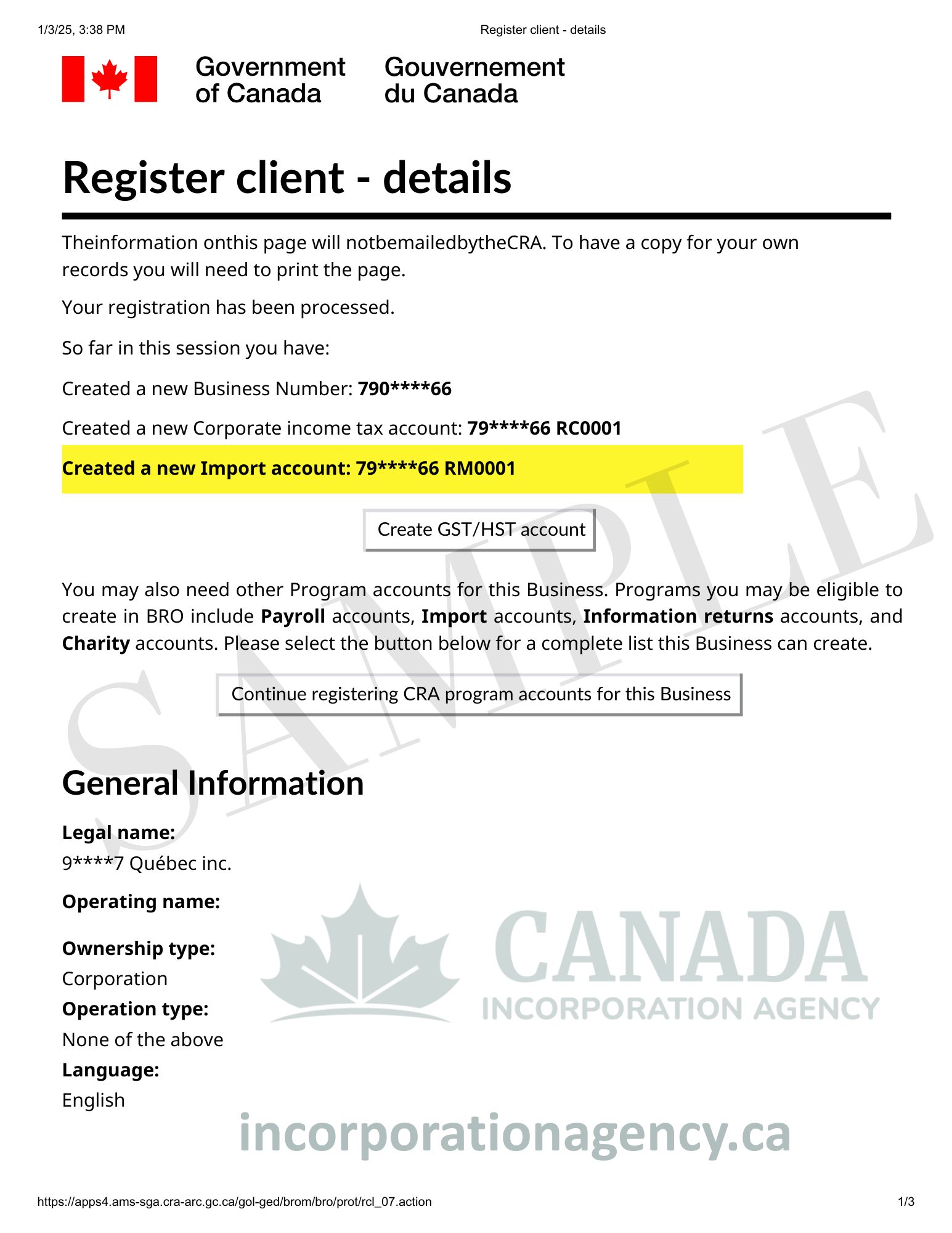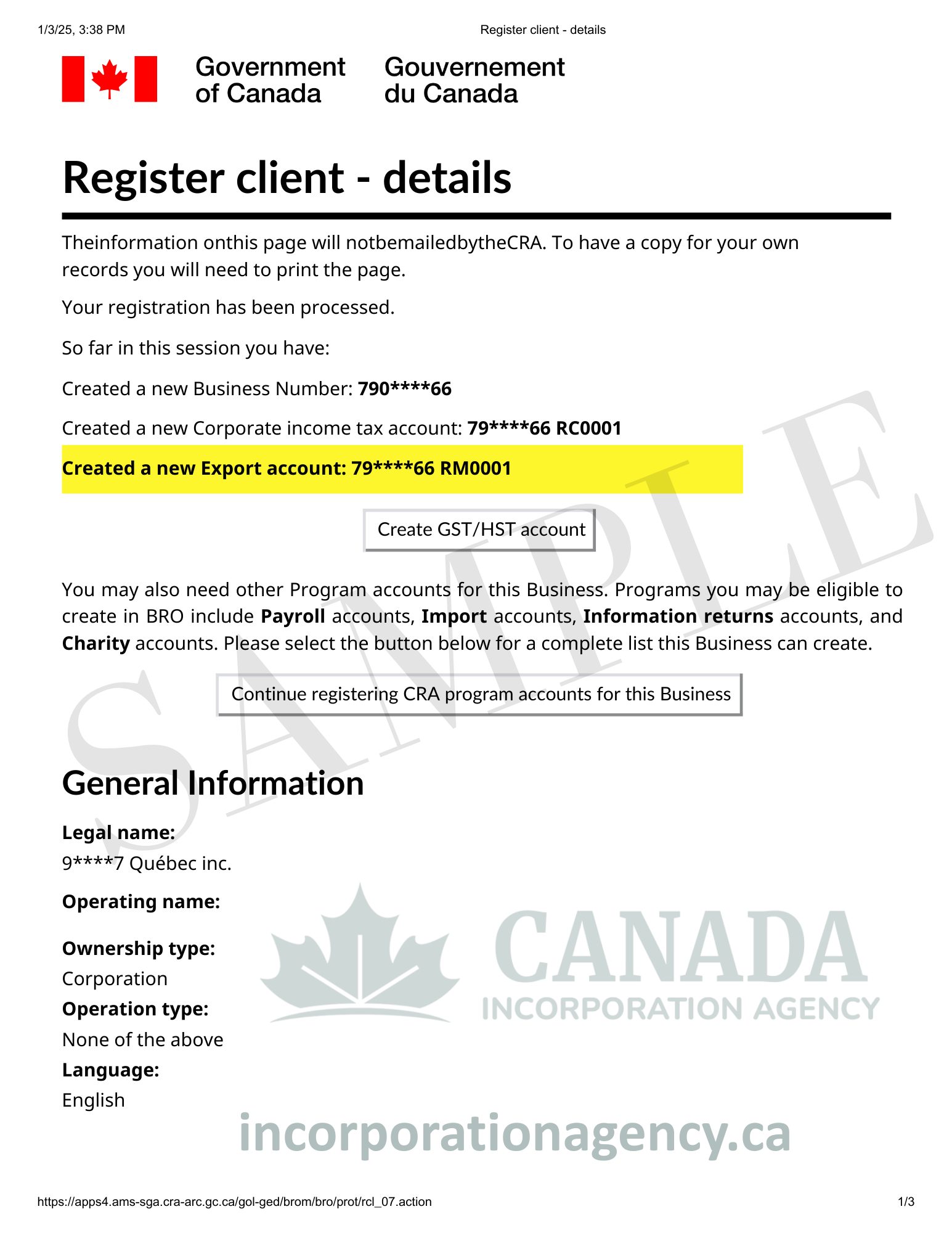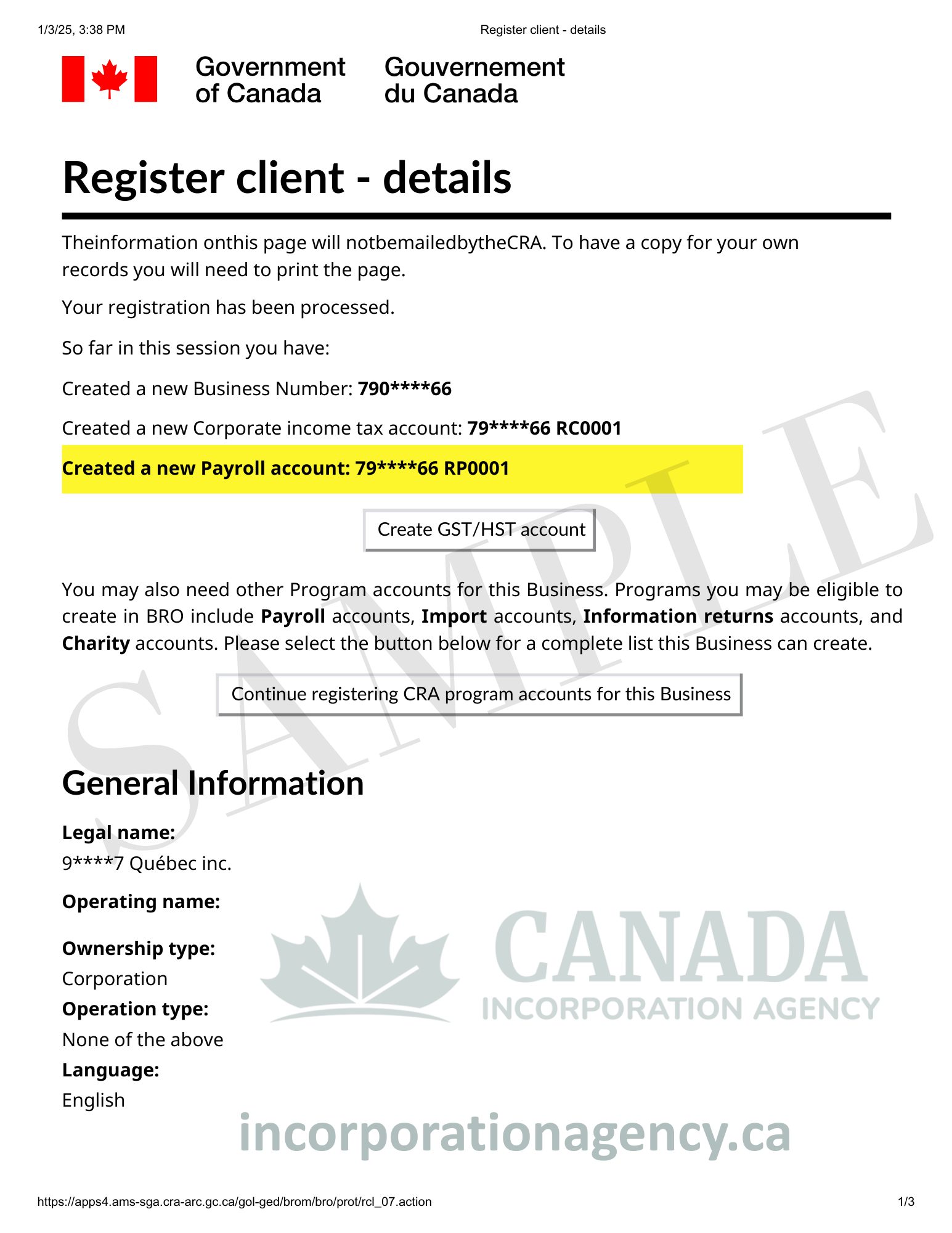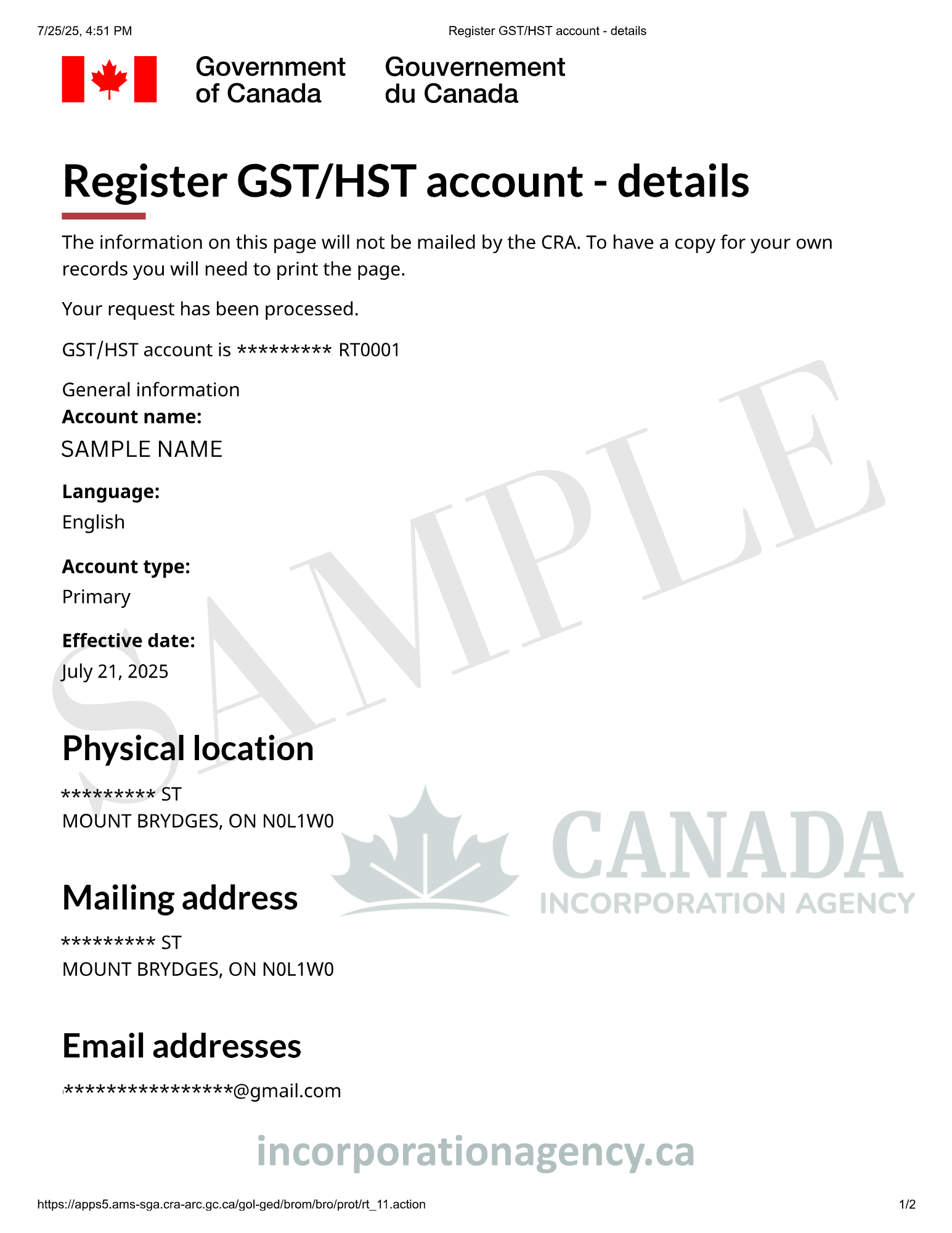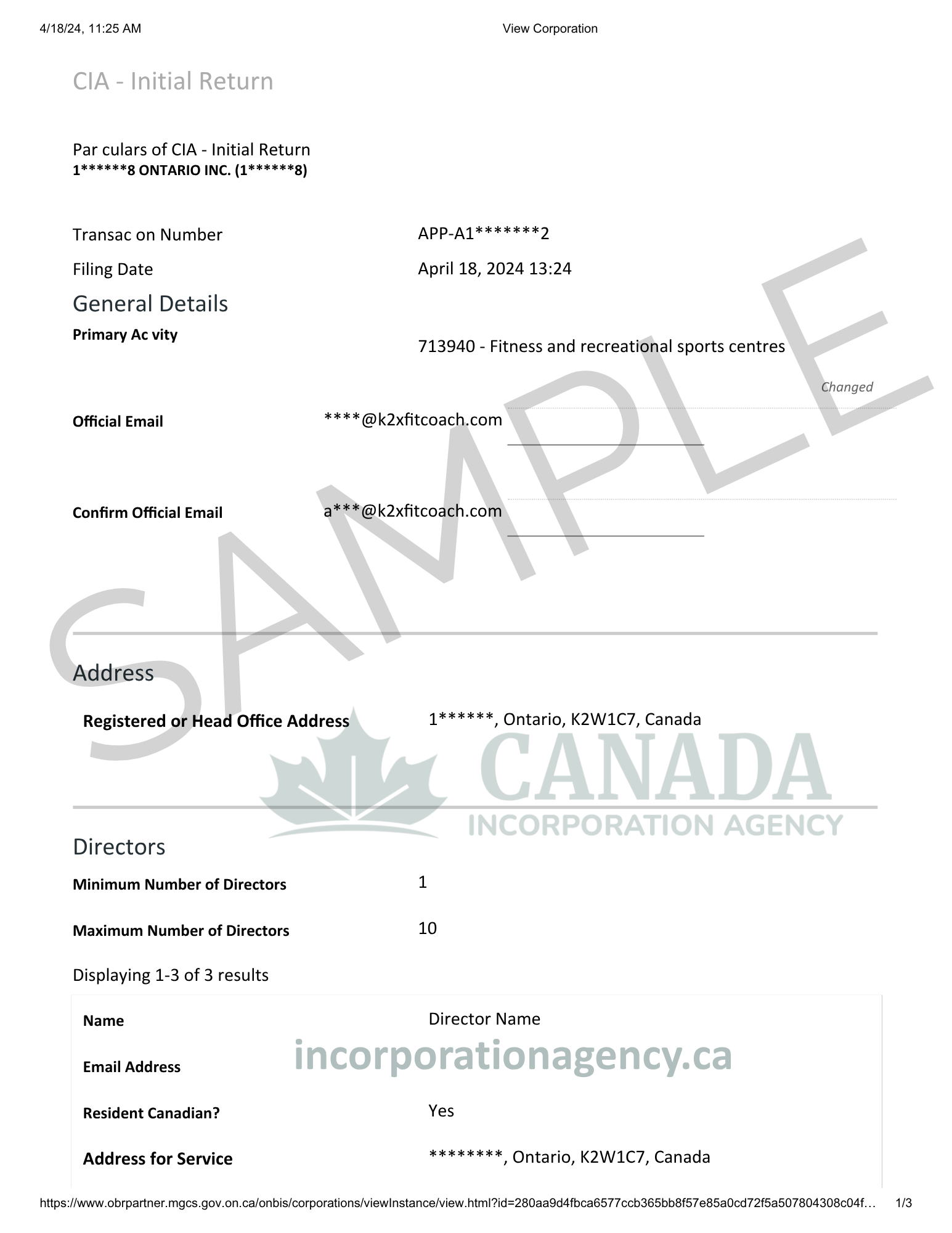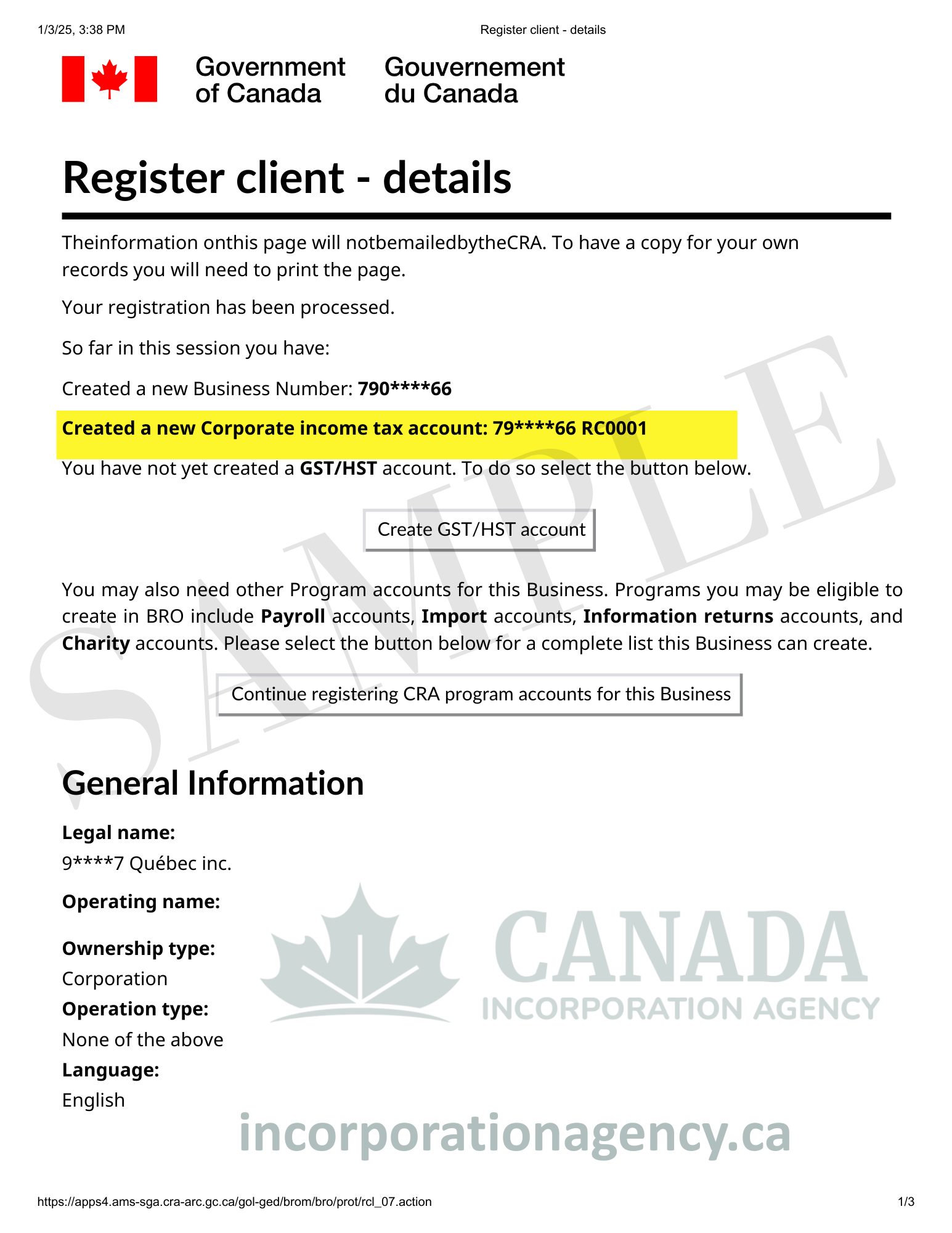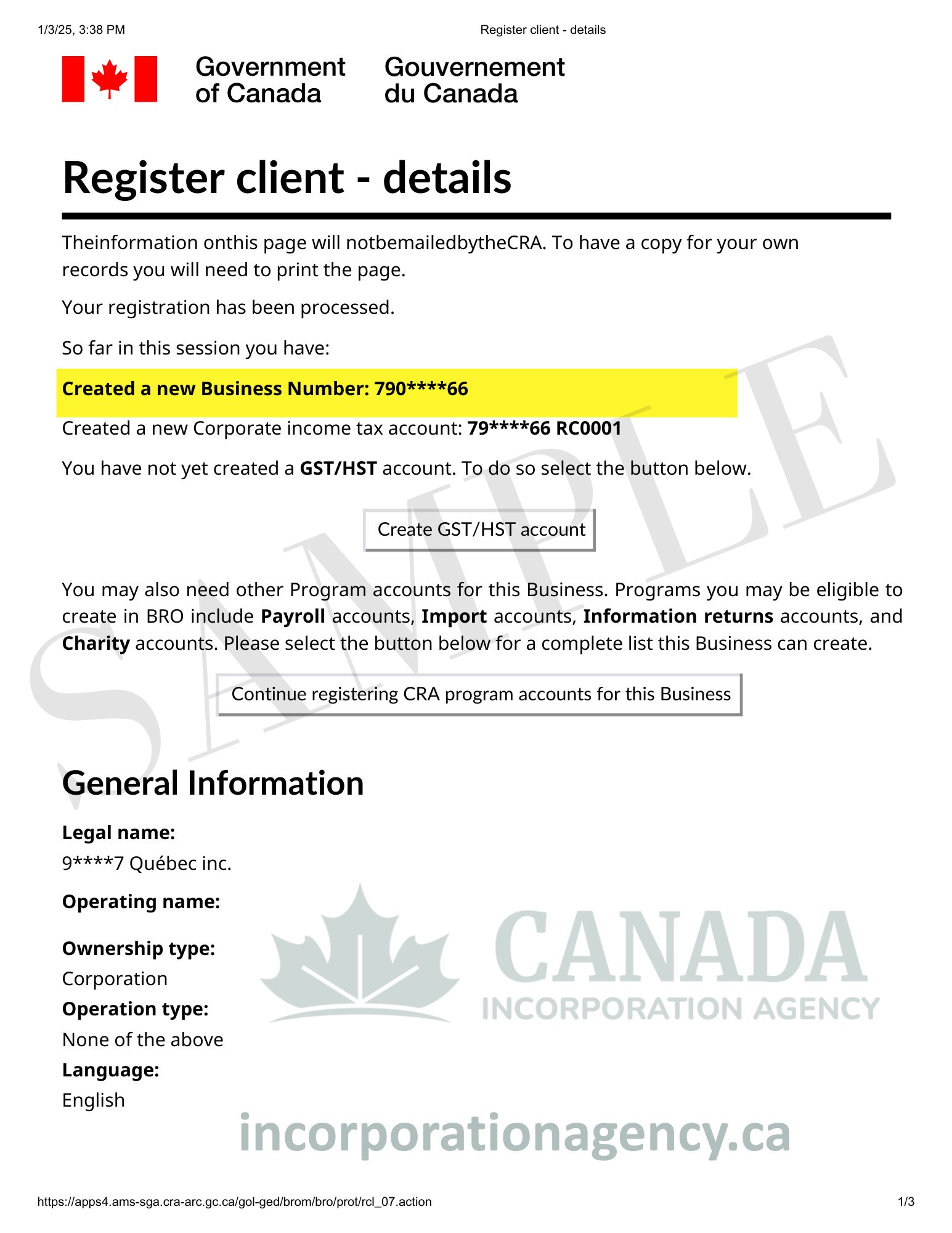So you’ve found your business soulmate—someone who shares your entrepreneurial vision, tolerates your dad jokes, and doesn’t judge you for eating cereal for dinner. Now you’re ready to make it official and register a general partnership in the land of the Rockies, endless prairies, and surprisingly good beef.
Welcome to Alberta, where the business environment is as welcoming as a chinook in January (that’s warm winds for you non-Albertans). If you’re looking to start a business partnership here, you’ve picked a great province. Low taxes, pro-business policies, and a registration process that won’t make you want to move to Saskatchewan. (Sorry, Saskatchewan.)
Let’s walk through everything you need to know about registering a general partnership Alberta style—from the legal essentials to the “wait, we have to do that?” moments that every new business owner experiences.
What Is a General Partnership in Alberta?
A general partnership is basically when you and some other people want to go into business together and divide the profits (and the losses). There is no official corporate structure—it is you, your co-partner(s), and a vision. Think of it as the friendship bracelet of business entities: simple, straightforward, and legally binding in ways that might surprise you.
The Good, The Bad, and The “Wait, Really?”
The Good:
- Easy and cheap to set up (we’re talking less than a fancy dinner)
- Minimal paperwork compared to corporations
- You can start operating pretty much immediately
- Profits flow directly to partners (no corporate tax)
The Bad:
- Unlimited personal liability (yes, that’s as scary as it sounds)
- You’re responsible for your partner’s business decisions
- Harder to raise capital than corporations
- Partnership dissolves if someone leaves or, you know, dies
The “Wait, Really?”:
- Your partner can legally bind the partnership without asking you first
- Creditors can come after your personal assets
- You need to trust your partners A LOT
Understanding the Alberta Partnership Act
Let’s talk about the Alberta partnership act—the rulebook for how partnerships work in Wild Rose Country.
The Partnership Act is Alberta’s legal framework for partnerships. Think of it as the constitution for your business relationship, except it was written by lawyers instead of founding fathers, so it’s somehow both more specific and more confusing.
Key Things the Alberta Partnership Act Says:
- All partners are equal (unless you say otherwise in writing)
- Profits and losses are shared equally (ditto)
- All partners can participate in management (hello, democracy!)
- Unanimous consent is needed for new partners (no surprise roommates)
The beauty of the Act is that most of its provisions are “default” rules—meaning you can override them with a solid partnership agreement. Which brings us to…
Alberta Partnership Agreement
Legally speaking, you can form a partnership with a handshake and a dream. Practically speaking? That’s about as smart as skiing in a t-shirt because “it doesn’t look that cold.”
A partnership agreement Alberta document is your relationship counselor, prenup, and instruction manual all rolled into one legally binding package.
What Your Partnership Agreement Must Cover
The Non-Negotiables:
- Capital contributions – Who’s putting in how much money, equipment, or their vintage truck?
- Ownership percentages – Is it 50-50, or is someone getting 60% because they’re bringing all the clients?
- Profit and loss distribution – How do you split the good times and the “why did we think this was a good idea” times?
- Roles and responsibilities – Who handles what? Someone needs to remember to file taxes.
- Decision-making authority – Can one partner buy a $10,000 espresso machine without asking? (Please specify this.)
- Dispute resolution – Because you WILL disagree about something. Maybe the espresso machine.
- Buy-sell provisions – What happens if someone wants out, becomes unable to work, or starts a competing business?
- Dissolution terms – How do you end things if it doesn’t work out?
- Addition of new partners – The process for bringing in fresh blood
- Restrictive covenants – Non-compete clauses, confidentiality agreements, etc.
Pro tip: Don’t cheap out on legal help here. A Canada Incorporation Agency’s professional filing agent can save you thousands in headaches later. Think of it as relationship counseling before the wedding.
Step-by-Step: How to Register Your General Partnership in Alberta
Okay, enough background information. Let’s get on with the good stuff—the actual registering. Spoiler alert: it’s surprisingly easy.
Step 1: Select Your Partnership Name
First things first: choose a name. This is where bureaucracy meets with creativity.
You have two choices:
Option A. Use Your Own Name
Use the partners’ surnames. “Johnson and Smith” or “The Three Amigos Landscaping.” If you go this route and it only contains partners’ surnames, you might not even need to register.
Option B: Create a Fancy Business Name
Want to call your partnership something catchy like “Quantum Leap Consulting” or “The Coffee Bean Dream Team”? You’ll need to register that name (more on this in a sec).
Alberta’s Naming Rules:
- Must be distinctive (not confusingly similar to existing businesses)
- Can’t be misleading about what you do
- Can’t suggest government affiliation
- Can’t include “Inc.”, “Corp.”, “Ltd.” unless you’re incorporated
- Can’t be offensive (no, “Very Legal Business, Trust Us” won’t fly)
- If it doesn’t include all partners’ surnames, needs “and Company,” “& Co.,” or similar
Step 2: Conduct a Name Search
Before you get too attached to “Synergy Solutions Supreme,” verify if it is available. Nuans Canada Online Service allows you a search for business names that exist.
Cost: Approximately $30 for a search for a name. Worth it to avoid having to rebrand before you even start. To register a partnership in Alberta you will also need to get a NUANS name report. NUANS report reserves your name for 90 days. During this period you can register your general partnership.
Step 3: Register Your Partnership
Online Filing (the modern way):
- Go to Canada Incorporation Agency website
- Create an account (if you don’t have one)
- Complete the online registration form
- Pay the fee with a credit card
- Boom, you’re done! Our filing agent will contact you to confirm all the provided information and will register your Alberta partnership within the chosen queue.
Step 4: Fill Out the Registration Form
The registration form asks for pretty basic info:
- Partnership name (if you’re using one)
- Business address (not a P.O. box—they want a real location)
- Nature of business (what you actually do)
- Partners’ names and addresses
- Date the partnership started
- If it’s a limited duration partnership, when it ends
Nothing too scary. Just be accurate because corrections are annoying.
Step 5: Get Your Business Licenses
According to what you’re doing and where, you may need extra licences:
- Municipal business license – Most cities need this
- Professional licences – If you are in a licensed profession
- Industry-Related permits – Restaurants, buildings, etc.
Step 6: Get a Business Number (BN) from the CRA
Head to the Canada Revenue Agency and register for a Business Number. You’ll need this for:
- GST/HST account (if your revenue is over $30,000)
- Payroll accounts (if you’re hiring employees)
- Import/export accounts (if applicable)
This can be done online through the Canada Incorporation Agency service.
Step 7: Open a Business Bank Account
Keep your business finances separate from your personal stuff. Future You (and your accountant) will thank you.
Most banks will want:
- Your partnership registration
- Your partnership agreement
- ID for all partners
- Your Business Number
Myths and Facts About General Partnerships in Alberta
Let’s break some myths. The internet is full of misconceptions, and your Uncle Bob’s business advice from 1987 might not be accurate anymore.
Myth #1: “We don’t need to register if we’re just testing the business idea”
FACT: If you’re operating under a business name (other than just your surnames) and conducting business in Alberta, you legally must register. “Testing” or “just starting out” doesn’t exempt you. The penalties for operating an unregistered business can be hefty, and you won’t have legal protection for your business name. Register first, test second.
Myth #2: “A handshake deal is good enough between friends”
FACT: Friendship is wonderful. Friendship plus a legally binding partnership agreement Alberta document is better. Most partnership disputes happen between people who started as friends. Your partnership agreement isn’t about distrust—it’s about clarity. Think of it as relationship counseling in document form.
Myth #3: “Partnerships are only for small businesses”
FACT: While partnerships are popular for small businesses, some of the world’s largest professional service firms operate as partnerships (think big law firms and accounting firms). Size isn’t the limiting factor—liability exposure and growth plans are what matter.
Myth #4: “I’m only liable for my own actions in the partnership”
FACT: Nope! In a general partnership in Alberta setup, you have joint and several liability. This means if your partner makes a terrible business decision (like buying that llama), creditors can come after YOUR personal assets too. This is why choosing partners is more important than choosing your phone plan.
Myth #5: “Registering a partnership is expensive and complicated”
FACT: It’s actually one of the cheapest and simplest business structures to set up. The registration itself costs around $60-100. Compare that to incorporating, which can cost $1,000+ just in filing fees. The most expensive part is the partnership agreement (legal fees), but that’s money well spent.
Conclusion
Alberta provides an excellent business climate with low taxation, low red tape, and encouraging entrepreneurial spirit. If it’s a consultant firm in Calgary, a landscaping service in Lethbridge, or an IT start-up in Edmonton, a general partnership is perhaps just the structure for your business.
Just don’t skimp on the partnership agreement—that document is worth its weight in gold (or at least in expensive lawyer hours you’ll save later). And if you ever get overwhelmed, contact the Canada Incorporation Agency, visit our website or give us a call at 647-945-8893, and we will help to clarify all the information about general partnership registration in Alberta.



